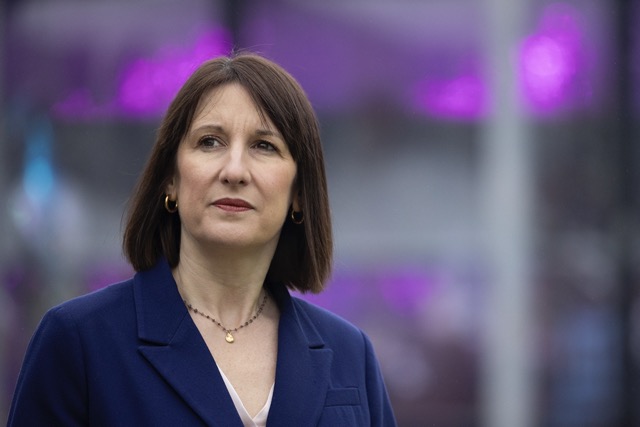
Rachel Reeves said LTAFs would be allowed in ISAs
Three in five UK investors (57%) would consider investing in illiquid assets through Long-Term Asset Funds (LTAFs) when they are allowed in ISAs, according to new research.
LTAFs will be allowed to be held in stocks & shares ISAs from the 2026/27 tax year.
They invest in illiquid assets such as infrastructure, commercial property, or private equity.
Research by the Investment Association found that younger generations were most interested in LTAFs, with more than three-quarters of Millennials and 70% of Gen Z open to investing in the funds. That compares to just two in five, 41%, of Baby Boomers.
In addition, four in five, 80%, of Millennials would be comfortable having their money tied up for longer periods if it could generate higher returns, compared to just 65% of Baby Boomers – indicating that LTAFs may appeal more to younger investors with longer time horizons.
That bodes well for enabling people to live more prosperous lives in retirement and channeling capital into UK growth and infrastructure projects, said the IA.
Educating investors on the benefits of less liquid assets will be key, said the IA, with around two-thirds more likely to invest in LTAFs if they had a clear understanding of the money management and withdrawal process.
Chris Cummings, CEO of the Investment Association, said: “Broadening retail investor access to private markets has the potential to both increase individual returns for savers and drive economic growth.
“We have long called for Long-Term Asset Funds to be incorporated into Stocks and Shares ISAs, and our latest research shows just how transformative this could be.”
He said the research findings highlighted a cautious but growing optimism among UK retail investors towards new investment frontiers. “Younger investors in particular value the idea of going long and going local, provided the investment opportunities are attractive and fit their financial goals.”
• The data is based on responses from a survey of 1,000 UK investors (aged 18+). The survey fieldwork took place between 28 February and 5 March.